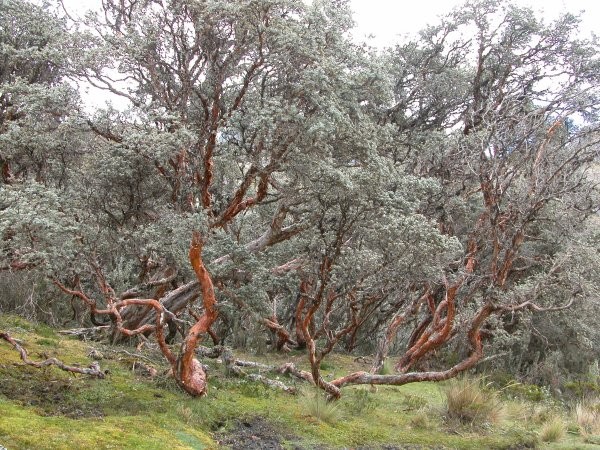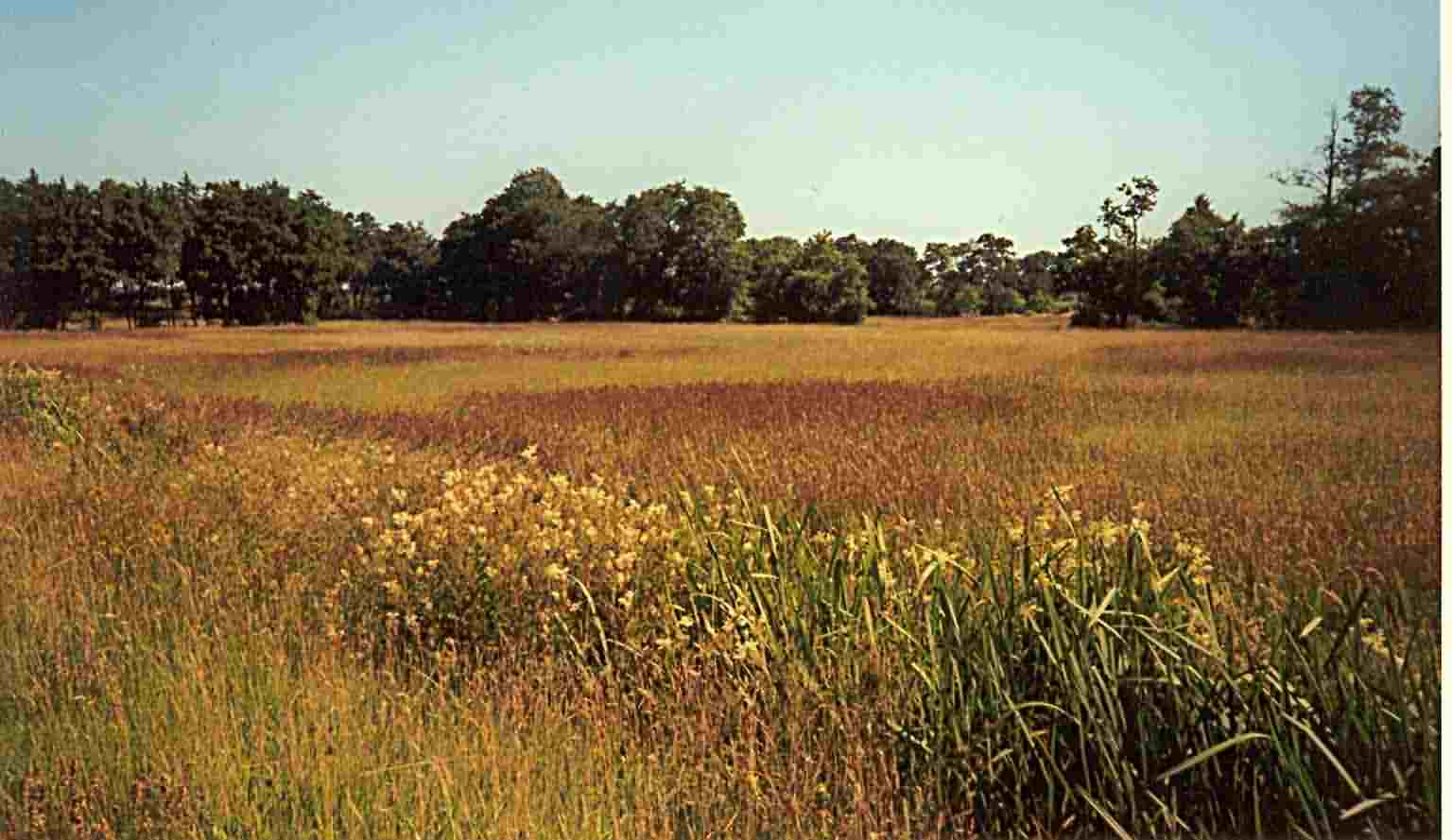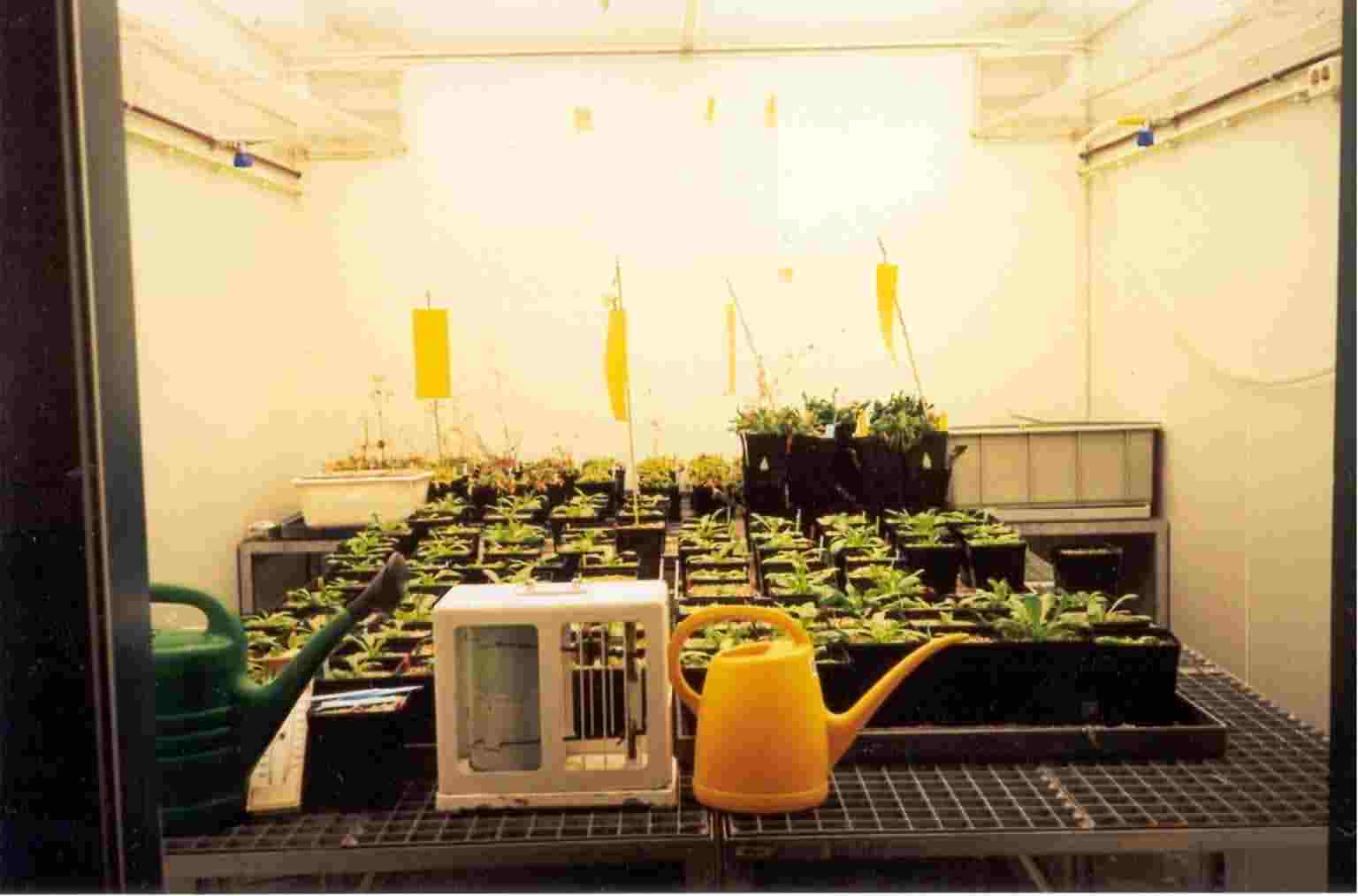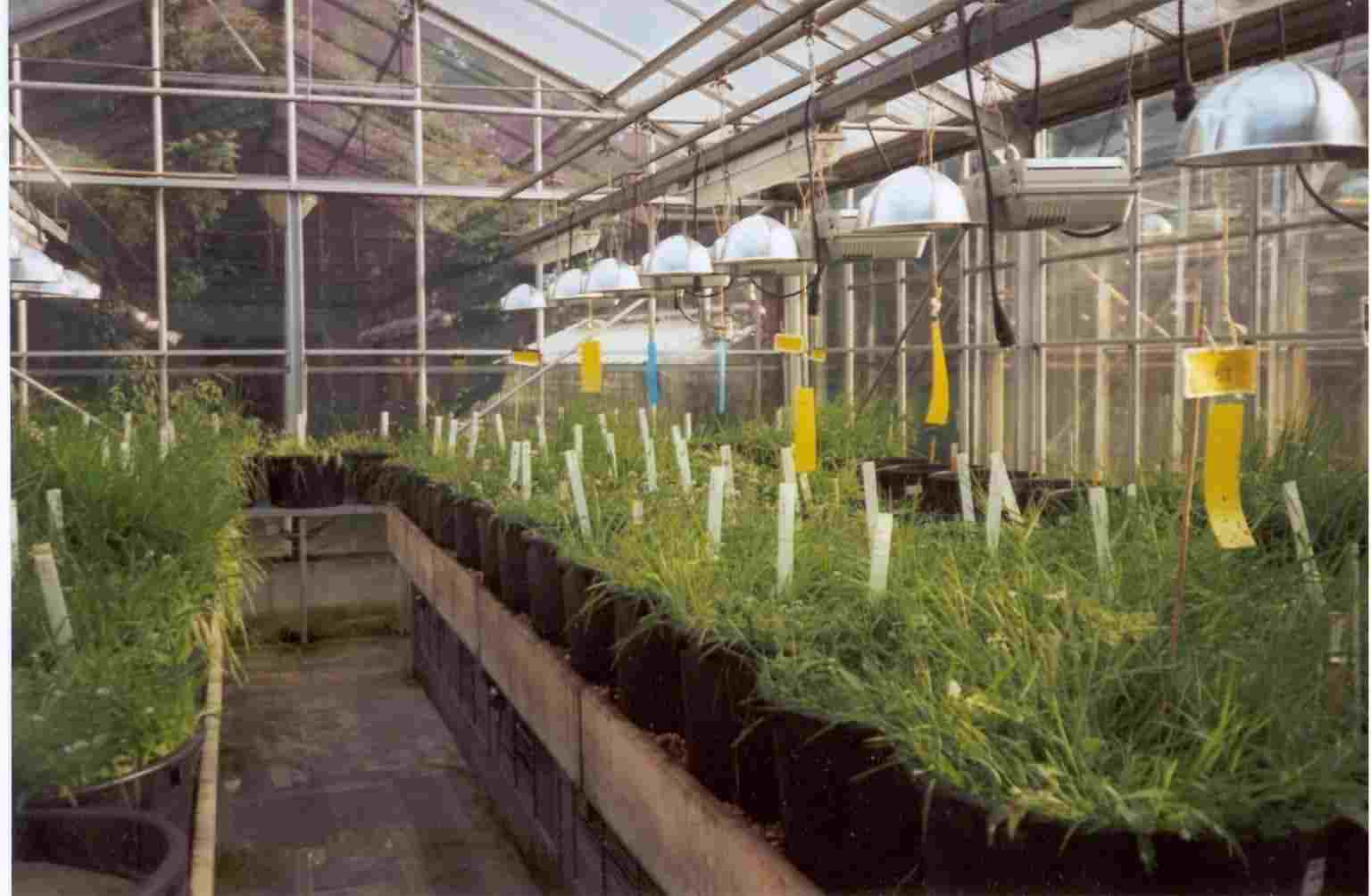



Other ecological work and studies have involved the influence of fire and grazing upon vegetation composition and physical environment in Ecuadorean High Andean Polylepis species woodlands in collaboration between the University of Wales (Bangor), The Ecuadorean Ministry of Agriculure, The University of Cuenca and the Herbarium at Kew Gardens; Advances in ecology course 1999 (Imperial College) and studies on Botany in summer meadows in the Swiss Alps, Seedling regeneration in oak woodland in Wales, survival strategies and fire resistance in Portugese woodland and grassland habitats.
Peter Alexander has over twenty years experience in the fisheries industries and has worked extensively with fresh and salt water life, whether fish, crustaceans and plantlife. Familiar with the habitat requirements of species and the pressures upon them across Ireland. Many years working in particularly Strangford Lough as well as along coasts, rivers and fresh water loughs. He has a vast knowledge of the ecology of our water systems and the practical matters involved in conserving and utilising these resources. Over the last 8 years he has also specialized on the practical and technical aspects of horticulture, vegetation and land management.
We work with several other trained and skilled self-employed colleagues specialized in tree surgery, environmental toxicity and various other skills and trades.